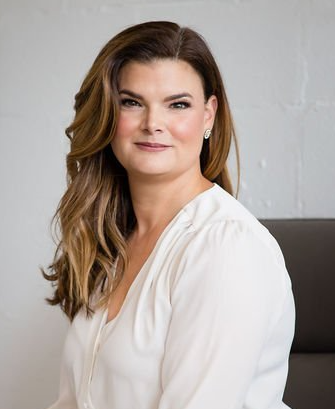Buying your first home is extremely exciting, but it also takes a lot of planning, including building a realistic budget that helps ensure you can afford to carry all the expenses that come along with homeownership.
Here are the key homebuying costs to include in your budget:
- Down payment. The minimum down payment across Canada is 5% of the purchase price for a property valued at $500,000 or less and 10% for the portion of the purchase price above $500,000. Unless you have mortgage loan insurance, however, you must make a minimum 20% down payment.
- Mortgage payments. Figure out your monthly mortgage payments, including principal and interest. Your mortgage agent can obtain a preapproval from a lender to determine the mortgage amount you qualify for and lock in the best rate.
- Property taxes. The amount varies depending on the municipality and the assessed value of the property. Research the property tax rates in your desired location and allocate funds accordingly.
- Home insurance. Protect your investment with comprehensive home insurance coverage. Premiums vary based on factors such as location, property type and coverage limits. Obtain quotes from multiple insurers to find the best rate for your desired coverage.
- Utilities. Budget for monthly utility expenses, including hydro, water and heating. Consider potential increases in utility costs based on the size and energy efficiency of the home.
- Maintenance and repairs. Homeownership entails ongoing maintenance and occasional repairs. Set aside funds for routine upkeep, such as landscaping, HVAC servicing and minor repairs, as well as unforeseen expenses like roof leaks or appliance malfunctions.
- Closing costs. Don’t overlook closing costs, which can include legal fees, land transfer taxes, appraisal fees and title insurance. These expenses typically amount to 1.5-4% of the home’s purchase price. It’s best to allocate high, and then use any extra funds to help furnish and decorate your new home.
- Contingency fund. Build a buffer into your budget to cover unexpected expenses or changes in financial circumstances. Aim to have at least three to six months’ worth of mortgage payments saved as a safety net.
By incorporating these important elements into your homebuying budget, you’ll be better prepared to navigate your home purchase with confidence and financial stability.
Have questions about your homeownership budget? Answers are a call or email away!





